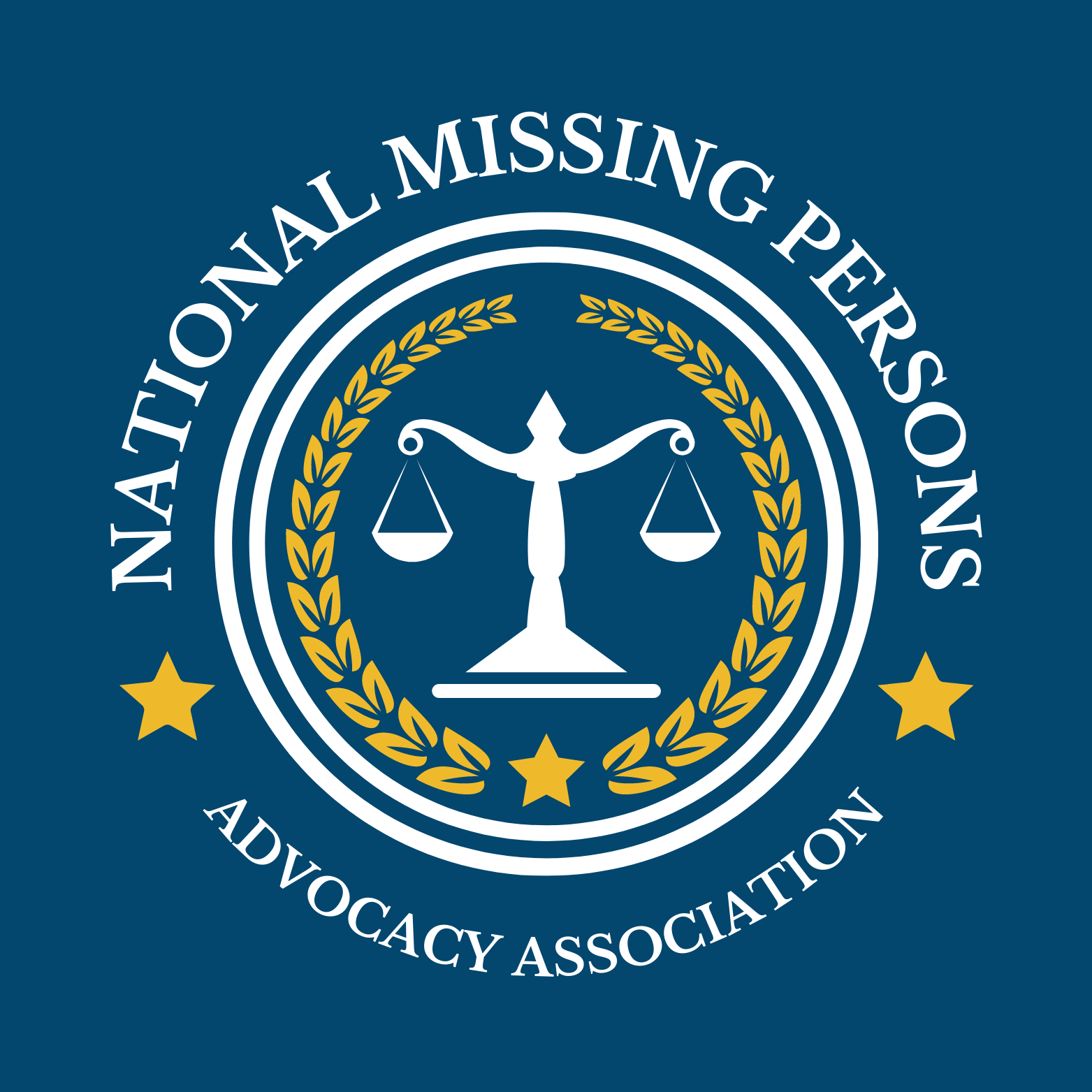Sex Trafficking & Modern Day Slavery
Sex trafficking and modern-day slavery are heinous crimes that continue to plague societies around the world. These forms of exploitation strip individuals of their freedom, dignity, and basic human rights. In this article, we will delve into the dark realities of sex trafficking and modern-day slavery, shed light on their causes and consequences, and explore ways we can combat these grave injustices.
1. What is Sex Trafficking?
Sex trafficking involves the recruitment, transportation, and exploitation of individuals through force, fraud, or coercion for the purpose of sexual exploitation. Victims, often vulnerable individuals including women, children, and marginalized communities, are subjected to physical and psychological abuse and forced into prostitution or other forms of sexual exploitation.
Causes and Vulnerabilities: Sex trafficking thrives in conditions of poverty, inequality, conflict, and social marginalization. Factors such as lack of education, limited job opportunities, gender-based discrimination, and migration contribute to the vulnerability of individuals who can fall prey to traffickers.
2. Modern-Day Slavery: Beyond Sex Trafficking
Modern-day slavery encompasses various forms of forced labor, debt bondage, and human exploitation that extend beyond sex trafficking. Millions of individuals, including men, women, and children, are trapped in situations where they are coerced, controlled, and exploited for labor. These individuals often endure harsh working conditions, physical abuse, and restricted freedom.
Industries and Exploitation: Modern-day slavery can be found in industries such as agriculture, construction, domestic work, manufacturing, and mining. Unscrupulous employers and traffickers exploit vulnerable individuals, subjecting them to long hours, meager wages, and deplorable living conditions.
3. Consequences and Impact:
Physical and Mental Health: Victims of sex trafficking and modern-day slavery suffer severe physical and mental health consequences. They are at high risk of physical injuries, sexually transmitted infections, unwanted pregnancies, substance abuse, and mental health disorders such as depression, anxiety, and post-traumatic stress disorder (PTSD).
Loss of Freedom and Dignity: The exploitation of victims in sex trafficking and modern-day slavery robs them of their fundamental rights, freedom, and dignity. They are subjected to constant control, violence, and manipulation, living in constant fear and isolation.
4. Combating Sex Trafficking and Modern-Day Slavery:
Legislation and Law Enforcement: Governments worldwide must enact and enforce comprehensive legislation that criminalizes sex trafficking and modern-day slavery. Equipping law enforcement agencies with the necessary resources, training, and collaboration is crucial in identifying and prosecuting traffickers while protecting and supporting victims.
Awareness and Education: Raising awareness about the realities of sex trafficking and modern-day slavery is essential to combat these crimes. Education programs in schools, communities, and workplaces can help individuals recognize the signs of exploitation, understand their rights, and promote a culture of zero tolerance for such crimes.
Support and Rehabilitation: Comprehensive support services must be available for survivors, including safe shelters, medical and mental health care, legal aid, and access to education and employment opportunities. Empowering survivors to rebuild their lives and regain their autonomy is vital in their recovery process.
International Cooperation: Sex trafficking and modern-day slavery are global issues that require international cooperation. Governments, organizations, and individuals must work together, sharing information, resources, and best practices to combat these crimes at both local and global levels.
Sex trafficking and modern-day slavery are tragic realities that demand our attention, action, and commitment to justice. By understanding the causes, consequences, and impact of these crimes, we can unite in efforts to combat them. Through legislation, awareness, support, and international cooperation, we can strive towards a world where every individual can live free from exploitation, with dignity, and in full realization of their human rights.


